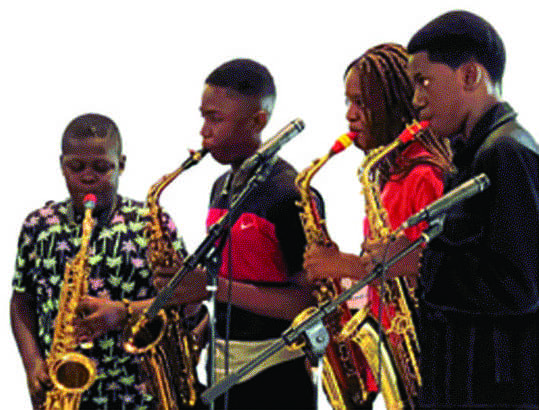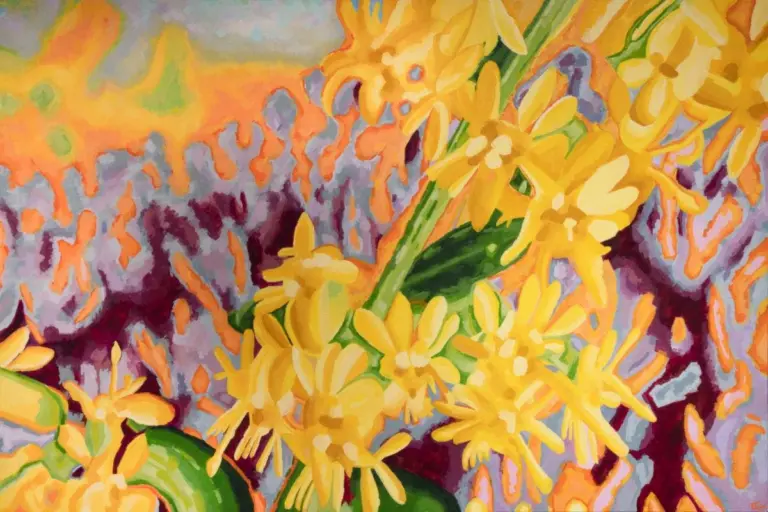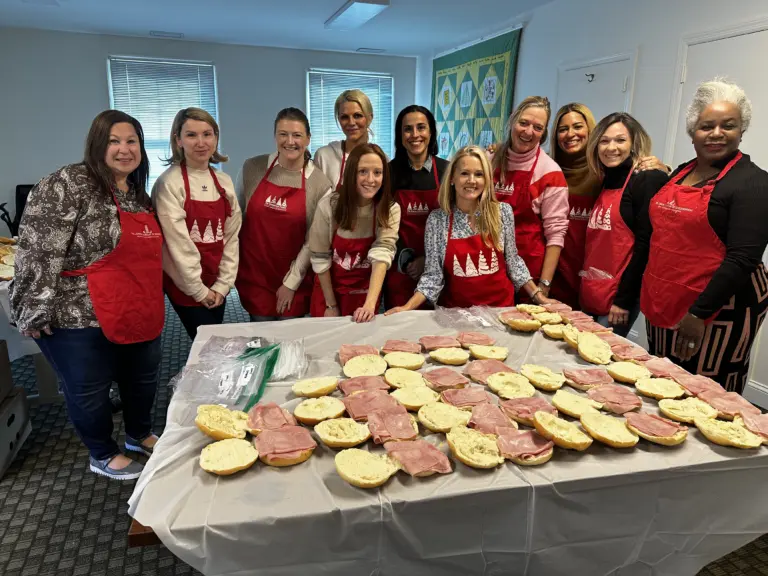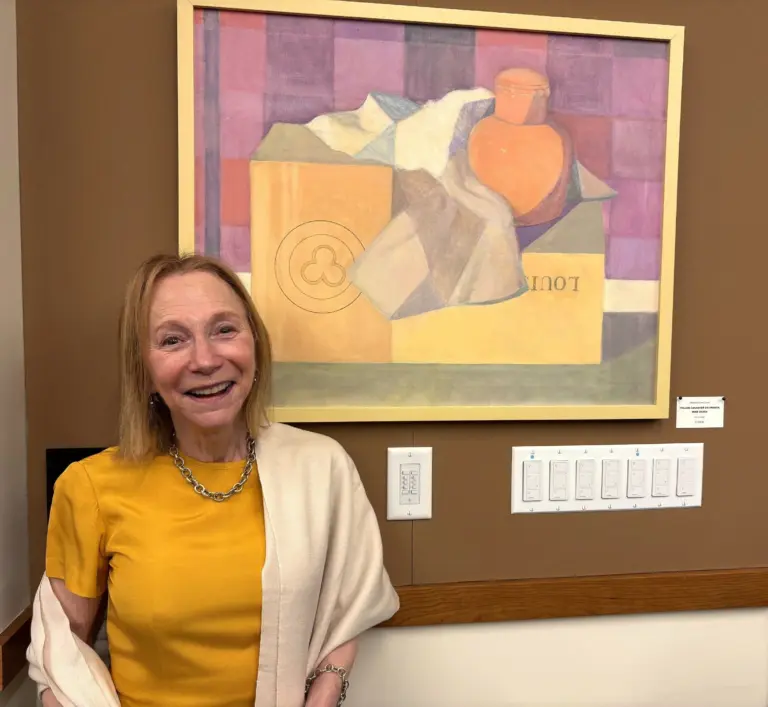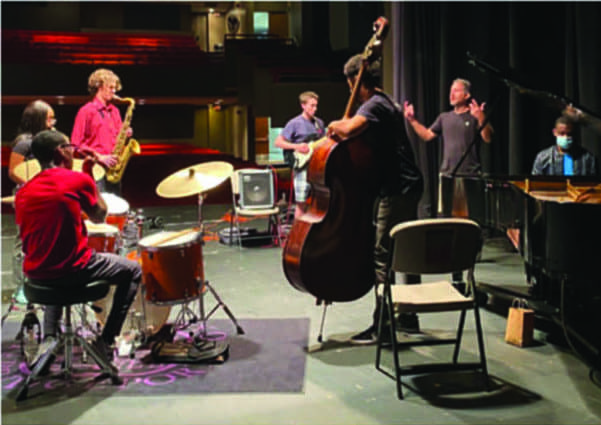
By Mary A. Jacobson
In January of 2021, in the midst of the pandemic, Bennie Wallace, tenor saxophonist and founder of BackCountry Jazz, made the following observation: “You know what they say about every cloud has a silver lining…this one had a huge silver lining for us.”
It seems hard to imagine how one could envision any benefits for a musical performance and educational enterprise at a time when concerts were cancelled, musicians were unemployed, and classes were remote. Connie Gibb interviewed Bennie Wallace in January 2021 for the Oral History COVID Project to determine how BackCountry Jazz coped with COVID.
BackCountry Jazz began in 2007, primarily as a concert organization. Bennie’s wife, Jeanette, is the volunteer executive director. The board of directors is composed of musicians and music educators. In addition, an advisory board consists of “people who support the organization and keep it going financially.”
In 2010, after a concert in Bridgeport and an introduction to that city’s music program, BackCountry Jazz initiated an annual free summer music camp for the benefit of Bridgeport students. Children in grades five through twelve, with at least one year of instrumental musical training and a teacher recommendation, were encouraged to apply. Seventy students were served in this four-week, full-day program. In addition, an after-school program, on Fridays throughout the year, enabled the children to continue their music education and build upon the progress they had made during the summer.
“It’s evolved to a real music program and we’ve been sending music students to conservatories and universities every year for the last few years. And I’m very proud of them. And it’s really been a thrill to work with these kids. And, at the same time, we would do two or three concerts in Greenwich each year, and a few things outside of Greenwich…And so that’s where we were pre-COVID.”
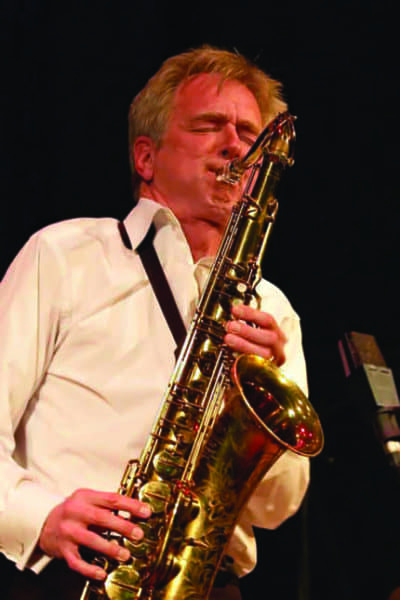
Bennie Wallace remembered the day when COVID impacted the programs of BackCountry Jazz. “Well, it was so sudden…The kids have a performing group called the BeBoppers (a twelve-member jazz ensemble made up of advanced students). And they were supposed to play two concerts that weekend (in March 2020), one at the Round Hill Community Church…The next morning I talked to the pastor over there and he said, no, we’re canceling. We’re going to do the church remote. So, it just kind of hit us all at once.”
With COVID, the University of Bridgeport, where the after-school program was held, transitioned to remote learning. In order to deal with the effects of these disruptions to their treasured educational programs, different approaches were employed. “Our camp this summer (2020) was mostly online, although we had a few sessions in my yard with the advanced students.” In December of 2020, a grant was awarded for an ear-training program that was made available to the BeBoppers “which is something very unusual for kids at that age. And we’ve been having different kinds of workshops with the kids.”
In addition, a mentoring program, pairing students with prominent professionals, was developed for advanced students “who are really dedicated, and they can’t play together now; it’s really tragic.” For most of them, Bennie explained, “I’ll find an associate who’s a well-known recording artist…So the students are working one-on-one with touring musicians and recording musicians.”
Bennie describes the day a new way of delivering music to a live audience during COVID occurred to him. “In April (2020), I was listening to the radio one day to a doctor talking about COVID…And he said, if you’re outdoors and you’re socially distanced from people, you’re safe. And this light went on in my head, and I realized that we have this huge lawn at our house that’s maybe a couple of acres.” Bennie started putting on concerts in his yard for a limited audience of twenty-five to thirty people. “We would mark off areas for people to sit…We started doing this almost on a weekly basis. And I thought, people will come until they get tired of it, which will probably be six weeks…And so we thought, okay, here’s a chance to give the musicians some work, and make some music, and give something back to the community that supported this. So, all these concerts we did in the summer were free.”
Eighteen concerts later, Bennie realized that he had a winning formula. Additional larger outdoor concert venues were offered to BackCountry Jazz accommodating one hundred people with a waiting list. “It worked out really well. And, as a result of that, some people donated to BackCountry Jazz,” which helped offset the expense of paying the musicians. “BackCountry Jazz never asks the musician to do anything for free.”
Outdoor concerts and student mentoring, positive developments from a challenging COVID experience, will continue as part of BackCountry Jazz. In his interview, Bennie also anticipated a welcome return to in-person learning at camp and at the University of Bridgeport. “Developing creative minds and individual creative musicians…is what jazz has been about from the very beginning…And so we’ve been training the kids the way musicians were trained on the bandstand in the heyday of jazz.”
This past summer, the successful BackCountry Jazz series of ten outdoor concerts, entitled the Greenwich Jazz Festival 2022, played from June through September. The average number of attendees was 200. Plans are in the works for Greenwich Jazz Festival 2023. BackCountry Jazz is BACK!
The interview entitled “COVID-19 Jazz in Greenwich” may be read in its entirety in Greenwich Library and is available for purchase at the Oral History Project office. The OHP is sponsored by Friends of Greenwich Library. Visit the website at glohistory.org. Mary A. Jacobson serves as blog editor.
